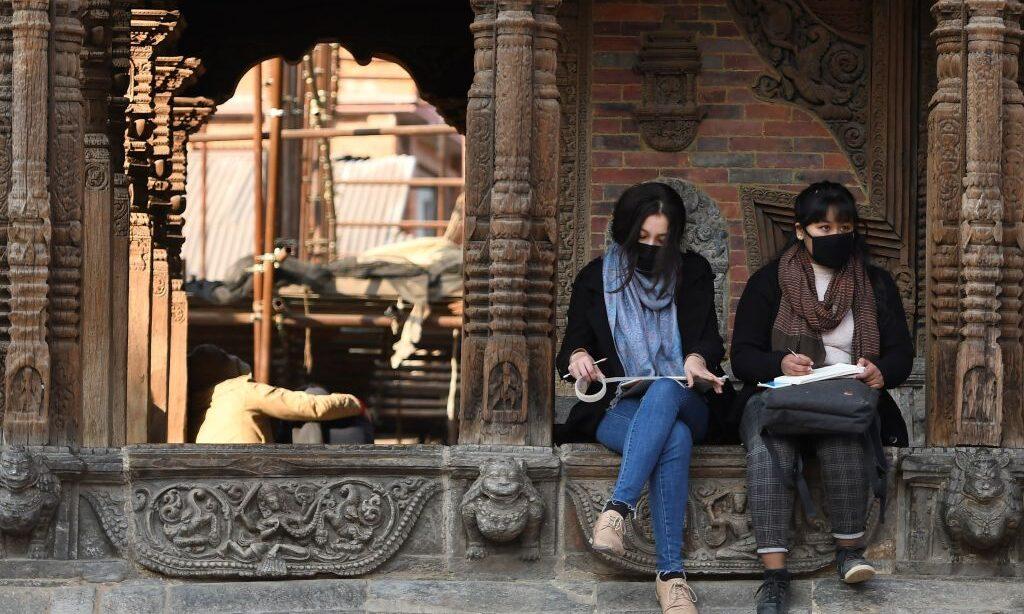Beijing is not tolerating any criticism of its response to the novel coronavirus outbreak.
The Chinese Embassy in Nepal recently issued a statement lashing out at a local Nepalese newspaper for reprinting an opinion article criticizing China’s response during the novel coronavirus outbreak, making a veiled threat against the paper and its editor-in-chief.




